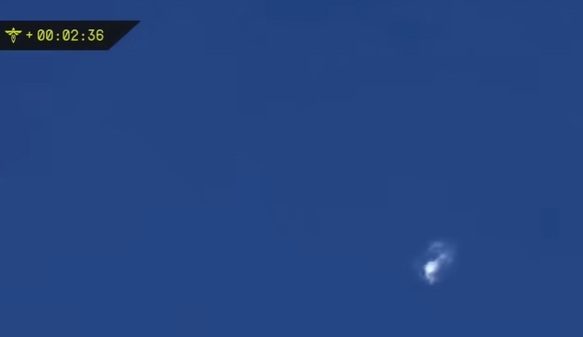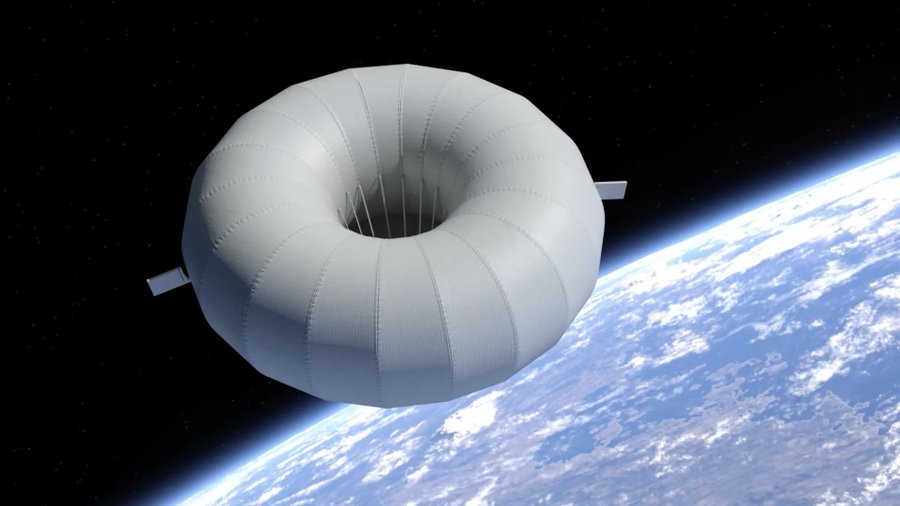While Russia’s President has been accused of “probably” being involved in the 2006 fatal poisoning of the London-based dissident, Alexander Litvinenko, (with the Polonium 210 nuclear isotope normally used to heat the Lunokhod lunar rovers), Vladimir Putin had more pressing space related concerns on his mind. The West’s economic sanctions, imposed following Russia’s annexation of Crimea and involvement in Ukraine, combined with dramatic falls in the global oil price to cause Russian GDP to contract by 3.7% last year. The economic decline is beginning to have knock-on effects on the state’s finances and notably on its space programme – to which President Putin was previously very committed.
Igor Komarov, new head of the Russian Space Programme, which uses the same name as the former Federal Space Agency, Roscosmos, stated that the budget for the next ten years would be cut by 30% from 2 billion roubles to just 1.4 billion roubles. Spacecraft construction and launches are being reduced, with the number of active satellites in orbit planned over the period being cut from 95 to 75. Meanwhile, the delayed and over-budget Vostochny launch base in the far east of the country has had its Angara rocket launch pads reduced from the two planned to just a single one.
Plans to fly Russian cosmonauts around the Moon in 2025 in a spacecraft launched by an Angara Heavy rocket have been delayed, while a super-heavy lift launch vehicle to launch a manned landing craft has been cancelled altogether in favour of spending on the development of the modular Angara series. Russia’s new space plan still envisages a manned landing on the Moon but not until 2035 at the earliest – leaving China and perhaps the USA as the nations most likely to put astronauts on the Moon before then. Russia does, however, want to continue operating the International Space Station beyond 2020 – the originally planned retirement date.
Finally, and not surprisingly given the poor relations between the two nations, Roscosmos has formally announced that it is to stop using Ukrainian sourced rocket parts.







